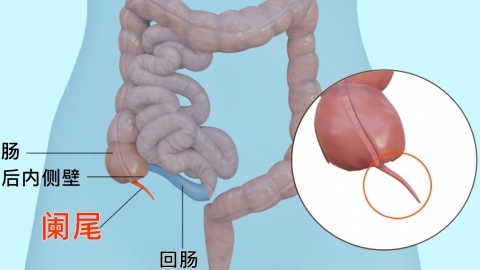Can appendicitis with a mass formation and fluid accumulation be treated surgically?
In general, whether surgical treatment is appropriate for a periappendiceal abscess with fluid accumulation due to appendicitis depends on the specific clinical situation. The key factors include the stability of the mass, the severity of acute inflammation, and the patient's overall condition. If discomfort occurs, prompt medical consultation is recommended so that a professional physician can evaluate the case and develop an individualized treatment plan. Detailed analysis is as follows:

If the mass has clear boundaries and shows no signs of progressive enlargement, and if the inflammation is in a relatively stable phase without acute symptoms such as high fever or severe abdominal pain, and the patient is in good general condition without serious underlying diseases, surgery may be deferred. In such cases, conservative management—such as anti-infective therapy and fluid replacement—is typically initiated first to promote absorption of the inflammatory lesion. Once the mass shrinks and fluid collection decreases, further decisions regarding the need for surgery can be made based on recovery progress, thus avoiding increased risks of complications associated with surgery during the acute phase.
However, if the mass has indistinct borders and continues to enlarge, indicating active progression of inflammation, and if the patient experiences high fever, severe abdominal pain, or early signs of septic shock, timely surgical intervention is necessary regardless of overall health status. Conservative treatment is often ineffective in these situations, and there is a high risk of serious complications such as abscess rupture or peritonitis. Surgery is required to remove the infected tissue, drain the fluid collection, and control the spread of infection to prevent further deterioration.
Daily management requires close monitoring of body temperature, changes in abdominal pain, and the size of the mass during conservative treatment. Regular imaging follow-ups should be performed to assess disease progression. Patients should remain bedridden and avoid strenuous activities, with a diet consisting mainly of liquids or semi-liquids. If symptoms such as worsening abdominal pain, sudden rise in body temperature, or altered mental status occur, medical staff must be informed immediately to avoid delaying the optimal timing for surgery. After surgery, patients must complete the prescribed course of anti-infective treatment, have dressings changed regularly as directed, and ensure proper wound healing according to medical advice.




